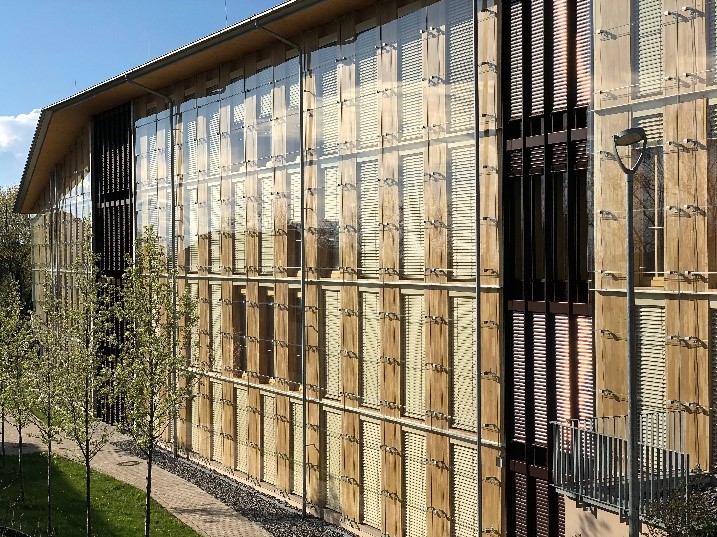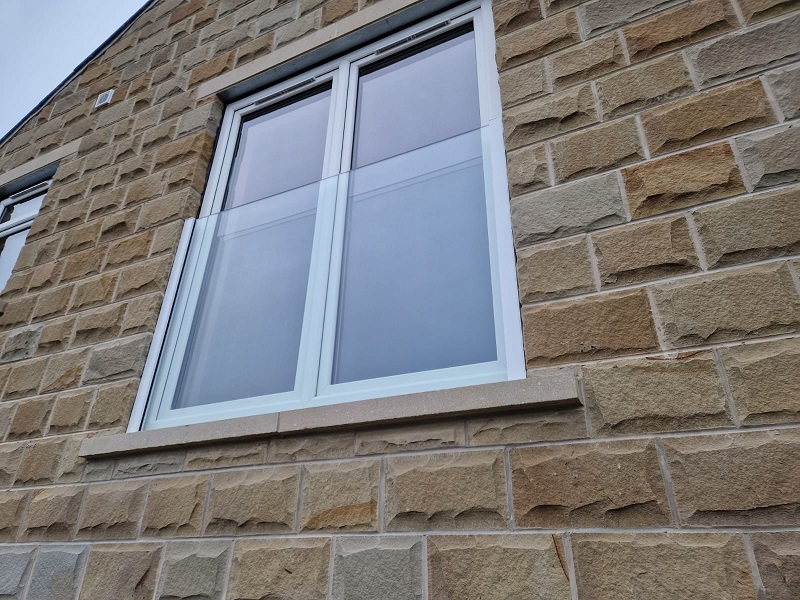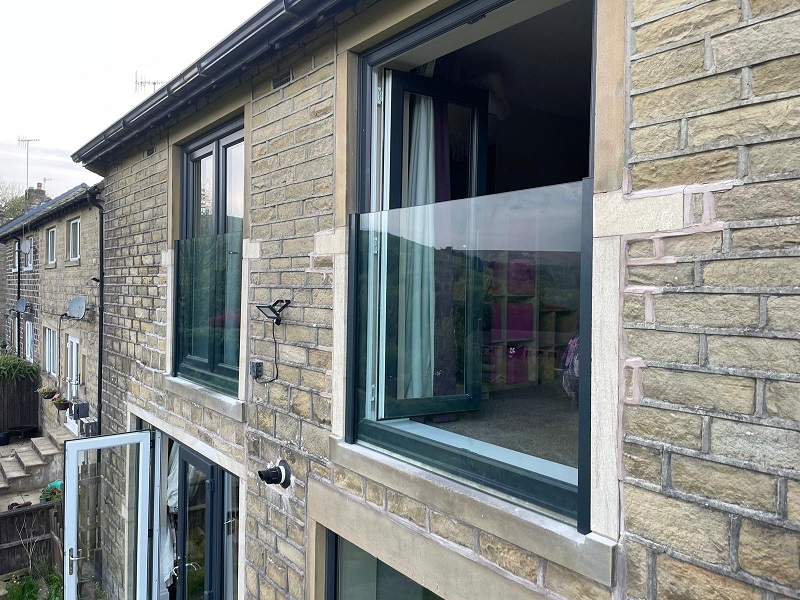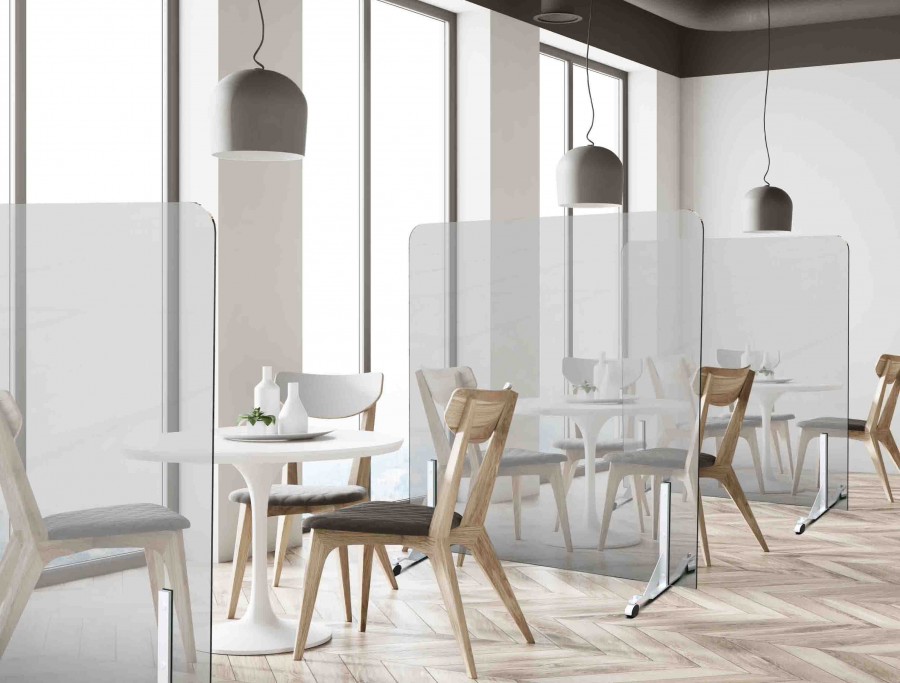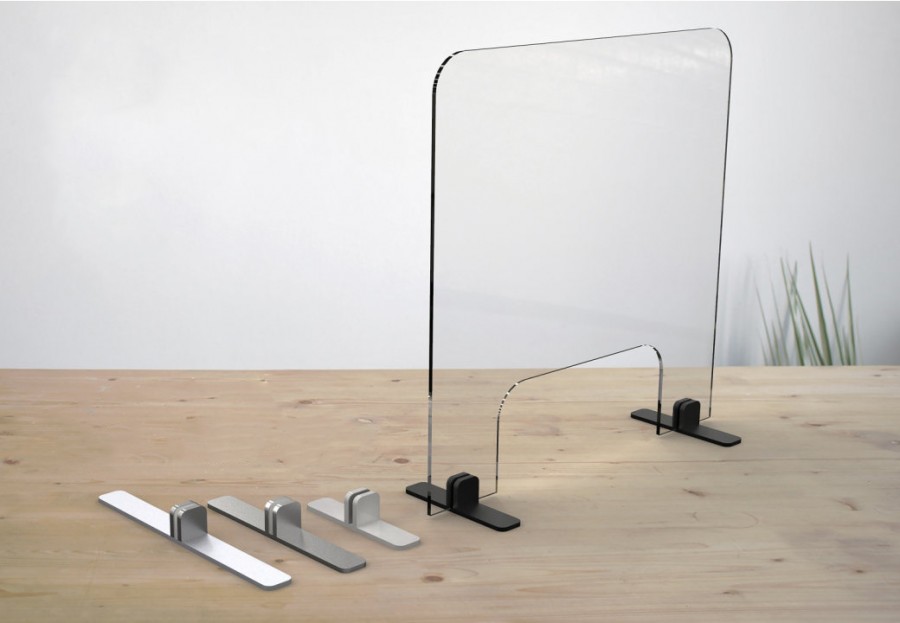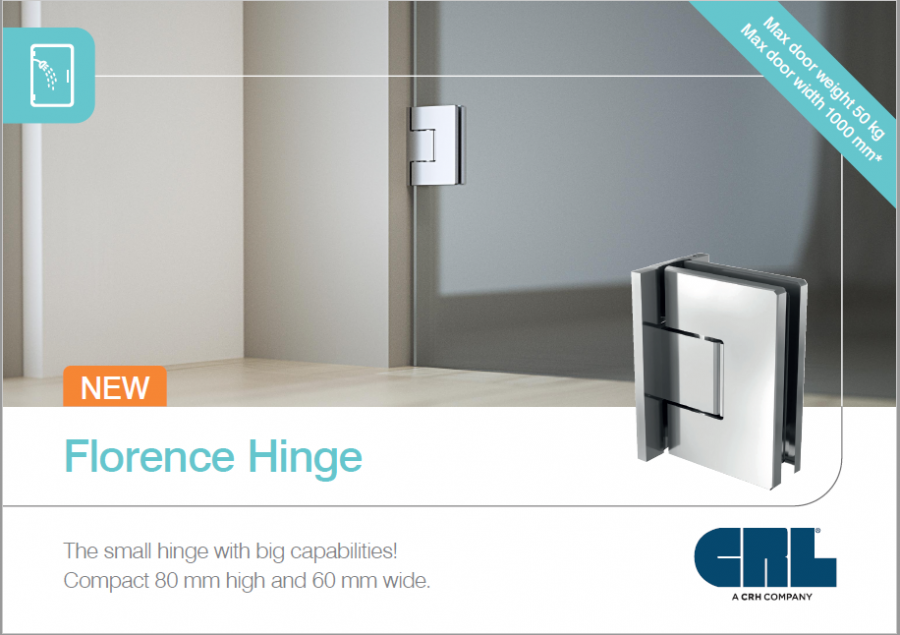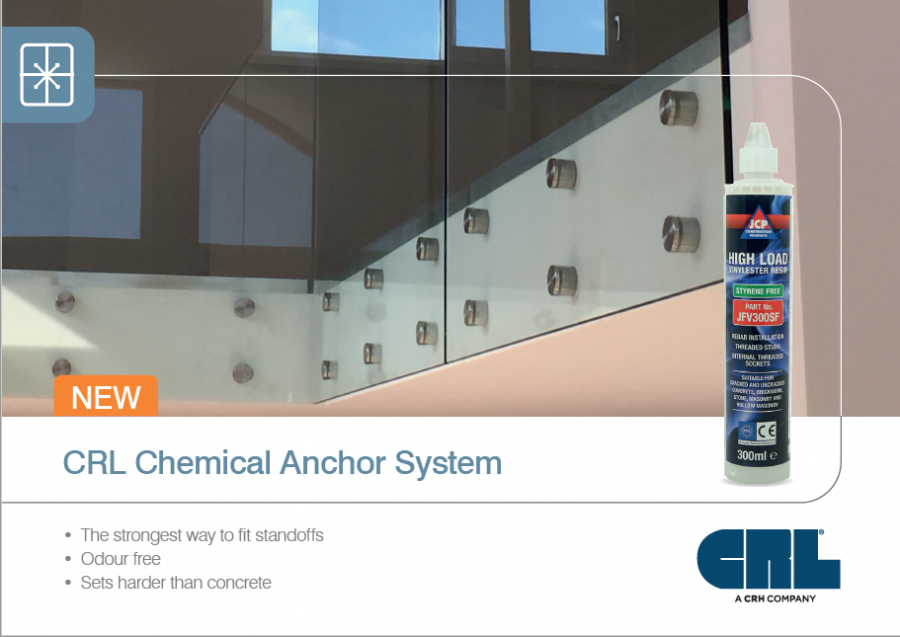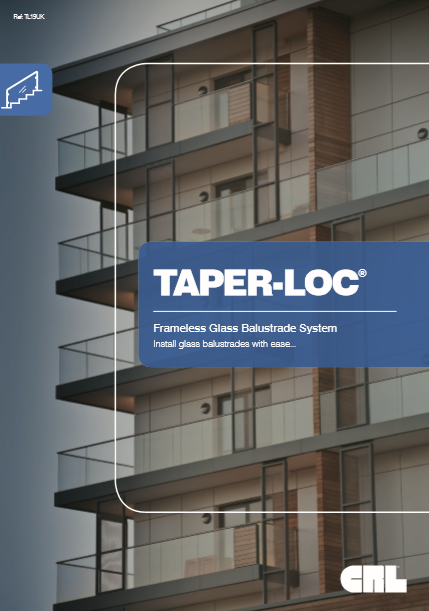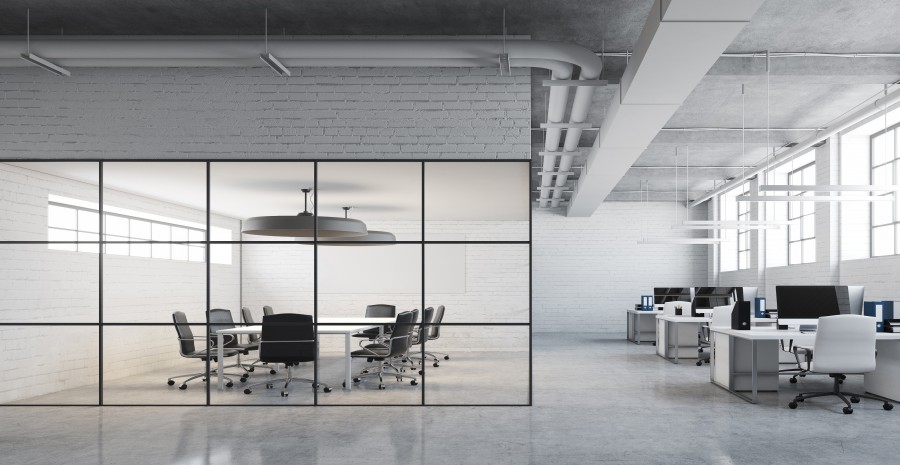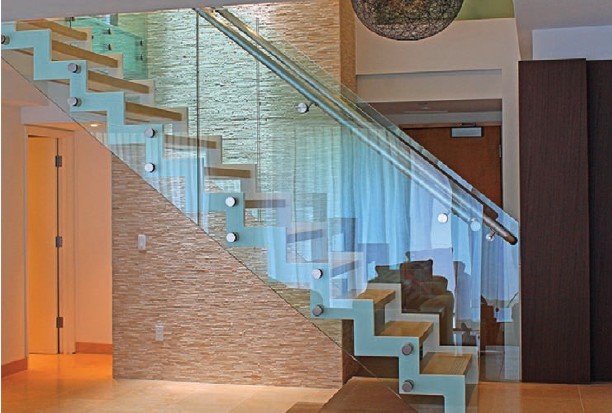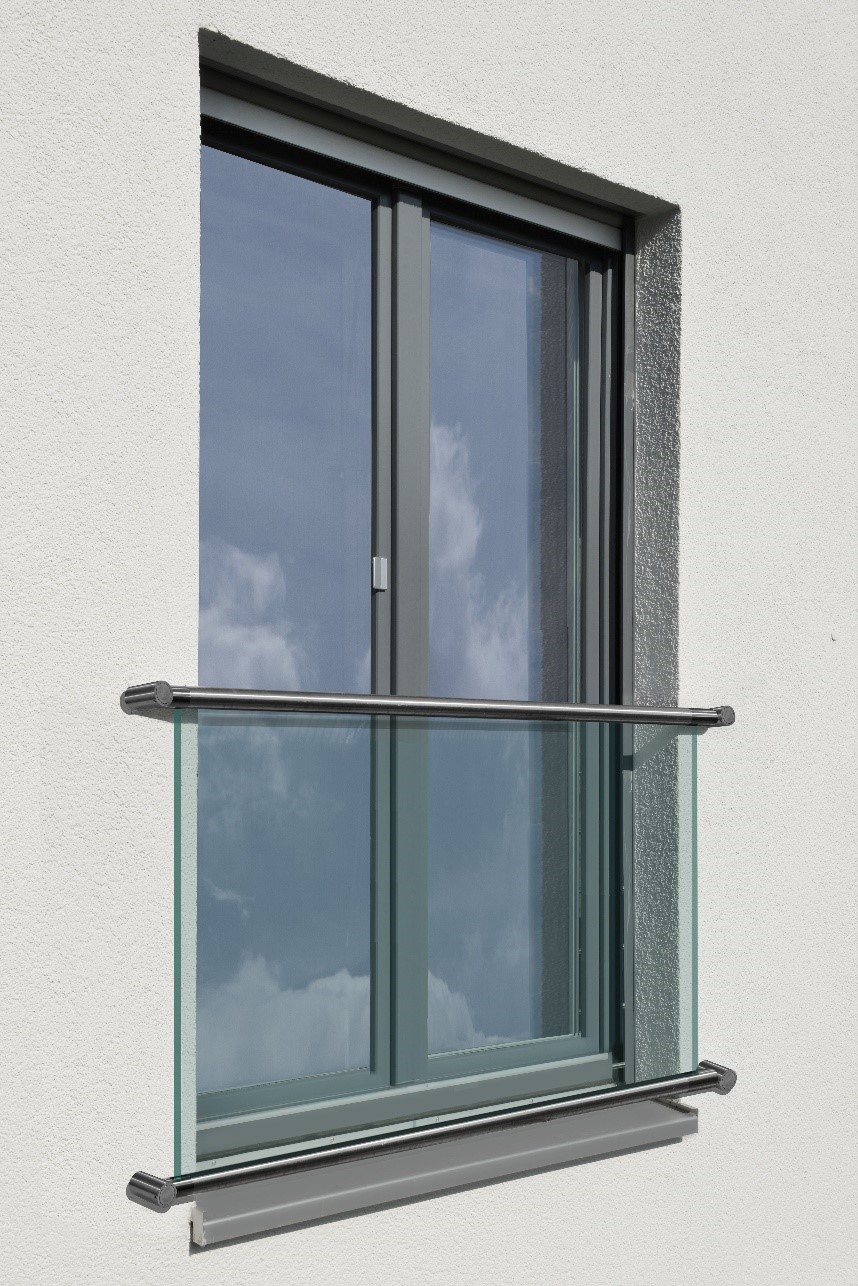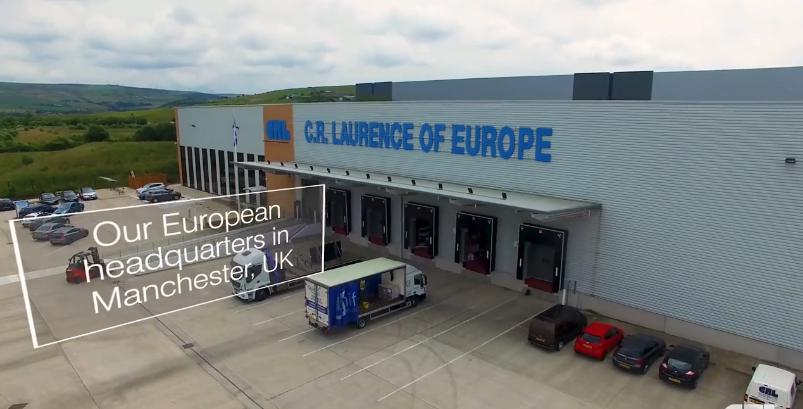What do the Shard, the Gherkin and the skyscrapers of Canary Wharf have in common? Aside from being some of London’s most iconic buildings, they are also all clad in glass. The reasons for using glass as part of the external structure of such architecture are numerous. From an aesthetic viewpoint, few materials can compete with glass in creating a high-end, minimal look. From a practical stance too, glass offers many advantages. It is a versatile solution that provides all-weather protection which is all-important with the UK’s notoriously inclement climate.
All of the benefits make glass not only suitable for cladding new buildings, but for protecting old architecture too and, thanks to new installation methods coming about, it is increasingly being used to regenerate buildings, preserving the original materials beneath and allowing the beauty of the building to shine through.
More than a passing trend, glass has the advantage of being hard-wearing and weather-proof, two qualities that are crucial for external cladding, and it blends harmoniously with materials around it such as brick and concrete, while ensuring the building itself stands out from the crowd.
In modern architecture, the glass curtain wall is typically thin and framed with aluminium or steel, which is mounted on the external structure of a building, providing protection against air, water and wind. Providing a safe installation method, a clip system joins individual glass panels and securely fixes them in place, completely eradicating the need for glass cut-outs which can often require a lengthy, costly and detailed installation process. Importantly, good ventilation of the building is also achieved, ensuring that it is safe for occupants.
For much the same reasons, glass is also increasingly being chosen for exterior balconies and balustrades to improve the aesthetics of the building itself and increase the occupant’s outdoor view. Alongside full balustrades, Juliette balconies are an easy and effective way of adding glass to the façade of a building, creating a high-end impression and enabling ample light to enter the interior of a property.
Systems that need to be fitted from the outside in will often require scaffolding, which can add to the time and expense of a project, and are overall much trickier to install than systems that can be fitted from an internal position. Posing similar issues, traditional wet fit balcony systems need to be held securely in place, usually with cement, to ensure a tight fit, which can be messy too, particularly when fitting the balcony retrospectively on to a building or when changing a broken glass panel. A dry-glazed railing system is a good example of a hassle-free alternative to working with cement and scaffolding as it can be installed from the safe side of the balcony or balustrade, cuts installation times and provides safety and security for all.
For more details call 01706 863600, email crl@crlaurence.co.uk, or visit www.crlaurence.co.uk
